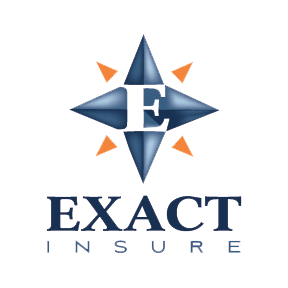03 Sep Small Employers May Want to Consider Self-Funded Health Plans
Traditionally, small businesses have shied away from self-funded health insurance plans. Their hesitation was largely due to the associated risks of fluctuating costs, and a limited pool of employees across which the risks could be spread. However, with the Affordable Care Act (ACA) deadline looming, many small employers may want to consider self-funded health plans, especially since many of the risks can now be mitigated.
The ACA is leading to rising costs for many small businesses. In fact, a recent study by the Society of Actuaries indicates that, over the next three years, premiums for individual insurance policies will rise an average of 32%. In addition, employers with fewer than 100 employees can no longer receive better rates if they have a healthy employee population, which will cause many employers who cultivate a healthy lifestyle to see costs rise.
Even as costs are increasing, plan flexibility is decreasing. This is the result of the Medical Loss Ratio provision of the health care law, which dictates that insurers must spend at least 85% of their collected premiums on health care for businesses with more than 100 employees, and at least 80% for smaller businesses. Consequently, insurance companies are working to streamline their plans in order to cut down on their administrative expenses. Companies that were once willing to work with their clients to create customized plans are now offering only pre-determined, off-the-shelf plans.
As a result of these rising costs and decreased flexibility, smaller employers are exploring new options, most notably that of self-funding. Self-funded plans are free from many of the ACA’s provisions, including community health rating and the Medical Loss Ratio provision. This allows employers to customize their self-funded plans based on their specific needs and knowledge of the health and circumstances of their employees.
The concerns that caused many small businesses to avoid self-funded plans in the past can now be mitigated. Stop-loss coverage diminishes the concerns of fluctuating costs. Additionally, the ACA’s guaranteed issue rule requires that insurers sell coverage to employers with fewer than 50 employees, regardless of the health of their employee community. This provides an avenue back to traditional insurance plans if the self-funding option proves less viable for them.
The changing times in health care call for changing responses from employers. Small businesses are well advised to reexamine their health care plans and consider whether self-funding may be right for them.
For assistance in evaluating your company’s health insurance options, contact Exact Insure today.





Sorry, the comment form is closed at this time.